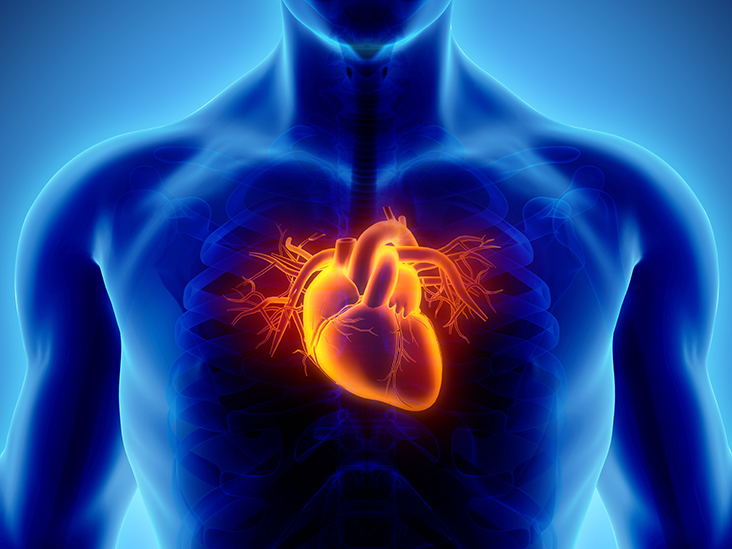
Hypothyroidism is an unnerving condition. It is not one of the most widely known conditions, you may not realise you have it and could risk associating any symptoms with another condition. Medication for the condition can be provided by these Cytomel Tabs here. But first, let’s take a look at some of the symptoms to give you an idea of what to look for and describe to the doctors.
Firstly, hypothyroidism really starts with the thyroid; a small, butterfly-shaped gland that is draped across the front of your windpipe. By placing your fingers on both sides of your both sides of your neck, you will be able to feel your thyroid gland sliding under your fingers. This releases the thyroid hormone, which controls the growth and metabolism levels in your body.
There is a tiny gland in the middle of your head called the pituitary, which monitors your physiology and releases thyroid-stimulating hormone (TSH) – the signal for the thyroid gland to release thyroid hormone.
There are two types of hypothyroidism, primary and secondary. For the primary one, the problem begins at the level of the thyroid gland; TSH levels increase, but the thyroid gland can’t release any more thyroid hormone. The secondary one is when TSH levels decrease with no sign and the thyroid does not receive the signal to increase thyroid hormone levels.
These are among the key indicators of the condition.
Fatigue
Thyroid hormone helps to release energy which keeps you active. If you have a low thyroid hormone level, you will find yourself constantly feeling tired and waiting for the opportunity to fall asleep.
Body Temperature
The human body produces a certain level of heat and warmth. A low thyroid hormone level means your body is not producing that heat, thus you will start to feel a lot colder.
Weight Gain
A low thyroid hormone level sends signals to your body’s metabolism, where any calories stored up for growth and activity, are instead used for the resting period, thus decreasing your metabolism, meaning your body will retain those calories as fat even if there has been no change in your diet.
If you feel you have shown any of these symptoms within the past week, it’s vital you get yourself to see a doctor who can advise you on the appropriate course of action.
Hair Loss
Some hair follicles have a short lifespan on account of the stem cells. But low thyroid hormone levels can cause the follicles to lose their ability to regenerate and your hair starts shedding at an alarming rate.
Change in Mood
Because of the decrease in energy and health, the general demeanour suffers as well, with the patient feeling more depressed and anxious.
Itchy Skin
Low thyroid hormone levels can lead the patient to develop patches of skin, accumulating damage and prolonging the regrowth time for new skin.
Hypothyroidism is an all-too common condition. And being aware of these well-known symptoms can allow you to make an educated guess about your health and know exactly what to say to the doctor when finding a way forward.

